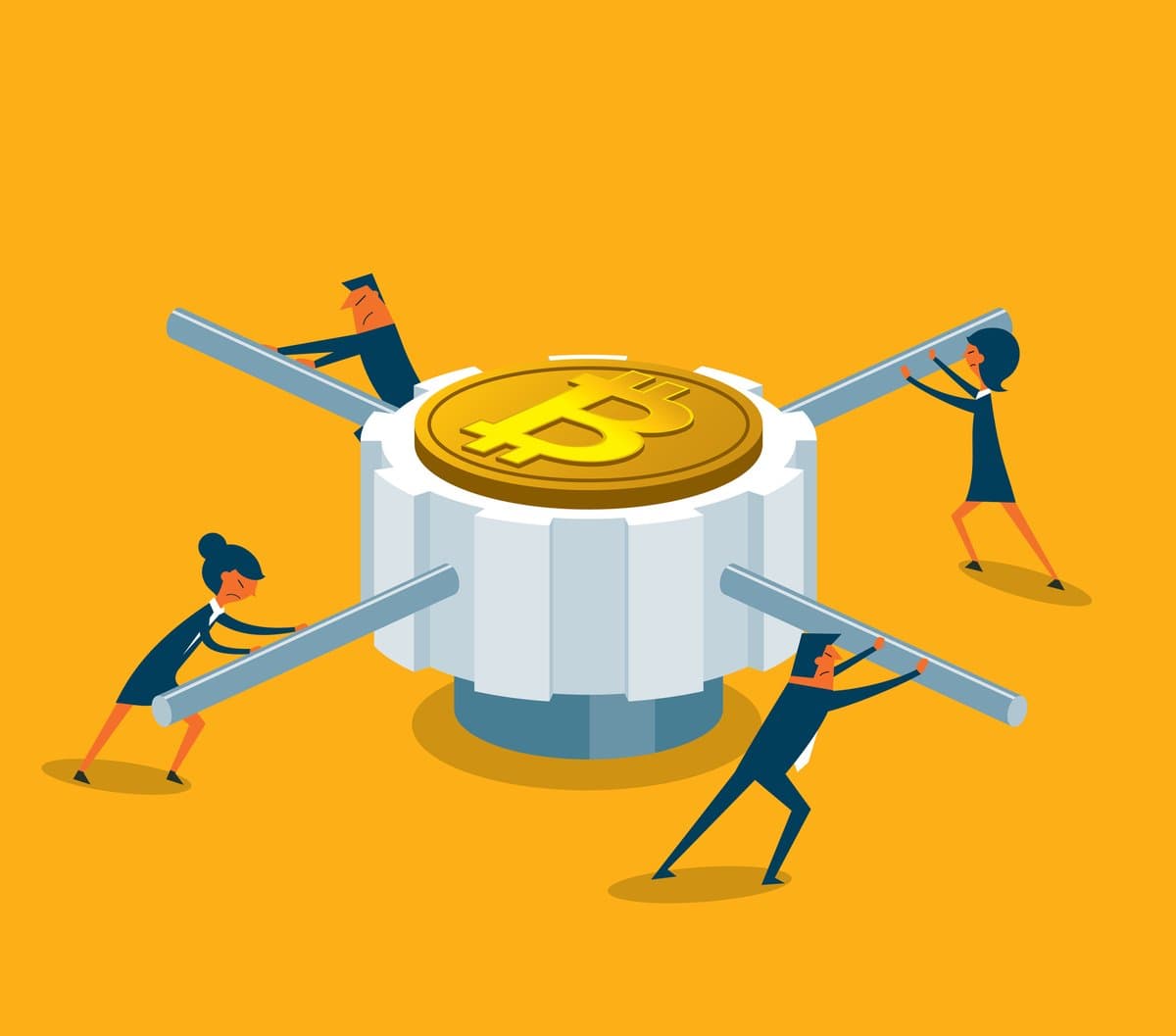friedburrito
Junior Member
- Aug 3, 2019
- 16
- 2
- 16
While this thread is gold. But now I am really wondering when alt coins will go up
I hope that is soon. i bought eth when it was at 940. been holding for almost 2 years. ive lost countGood question! Usually this happens when BTC HODLers start looking for diversification.
I hope that is soon. i bought eth when it was at 940. been holding for almost 2 years. ive lost count
But all that value was simply from someone saying they would choose to spend 'real' money on it.
Sunk costs don’t create value. The currency is only worth what people are willing to trade for it. The cost of producing a bitcoin simply doesn’t factor in the value of bitcoin. This can be easily demonstrated in that the earliest and cheapest bitcoins produced have exactly the same value as the latest, most expensively produced bitcoin.Craig, at least with current PoW schemes for mining, the tokens are not "value-less". Actual people ran actual computers that used actual electricity that cost actual money to pay for. So to state as you did that those token "had no real value", is being very disingenuous of you.
Craig, at least with current PoW schemes for mining, the tokens are not "value-less". Actual people ran actual computers that used actual electricity that cost actual money to pay for. So to state as you did that those token "had no real value", is being very disingenuous of you.
The value of crypto as a currency (rather than a utility token) is in how much money nation-states, banks, and other parties (through secondary costs) can avoid spending by doing away with existing spending mechanisms. Hard cash has to be trucked around on a fairly regular basis. Money orders/money wires, credit card systems, etc. have associated costs.
As much as I dislike XRP, that simple token can be used as an alternative to at least SWIFT (which is upgrading itself) and other payment systems, assuming you trust XRP's corporate master to resolve transactions fairly. And there are better options than that coming down the pike. There's a reason why Facebook and Walmart are looking at crypto. They may just not be looking at the exact token you happen to favor. All these open-source crypto projects are going to allow individual companies to roll their own payment systems, within certain limitations. The question is, who will tie together all those payment systems?
Yes, the technology behind crypto is interesting and I can imagine it having a lot of uses. It's these speculative currency investments to date I was commenting on.
The value of crypto as a currency (rather than a utility token) is in how much money nation-states, banks, and other parties (through secondary costs) can avoid spending by doing away with existing spending mechanisms. Hard cash has to be trucked around on a fairly regular basis. Money orders/money wires, credit card systems, etc. have associated costs.
As much as I dislike XRP, that simple token can be used as an alternative to at least SWIFT (which is upgrading itself) and other payment systems, assuming you trust XRP's corporate master to resolve transactions fairly. And there are better options than that coming down the pike. There's a reason why Facebook and Walmart are looking at crypto. They may just not be looking at the exact token you happen to favor. All these open-source crypto projects are going to allow individual companies to roll their own payment systems, within certain limitations. The question is, who will tie together all those payment systems?
There's nothing inherently better about cryptocurrency unless you're actively looking to bypass oversight
There's nothing inherently better about cryptocurrency unless you're actively looking to bypass oversight, but that also inherently will cause problems of its own, such that its leading to oversight.
And that anonymity no longer exists.
You must have forgotten how really valuable it is to have an asset class that offers wealth protection like physical bullion or cash under your bed, yet is far easier to store and transfer large amounts. No private key = no access. Seems that almost everyone misses this... Oh and the technology is meant to remove the need for banking. It's not there yet, but that's where it's trying to get between PoW, Smart Contracts, DEXes, etc.
https://www.propublica.org/article/...n-ransomware-attacks?utm_source=pocket-newtabPrivately issued currencies like bitcoin have no natural market.

I've argued this for years. Although it's not true that they're aren't economic niches that cryptos might fill.Privately issued currencies like bitcoin have no natural market.
Crypto-currency in a free fall right now. I guess today was the day everyone decided to sell. Hope none of you guys are losing your shirts/lambos.


